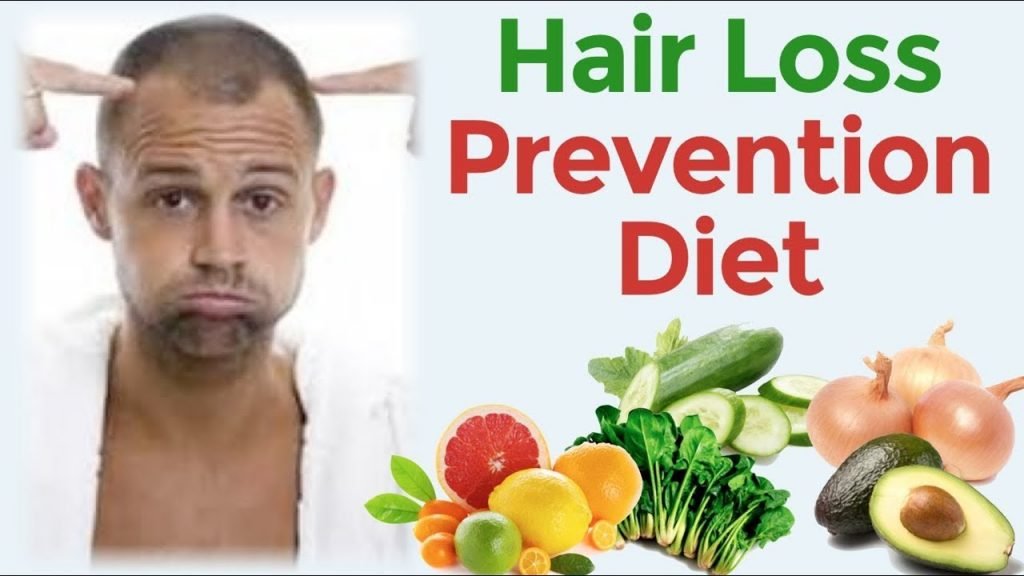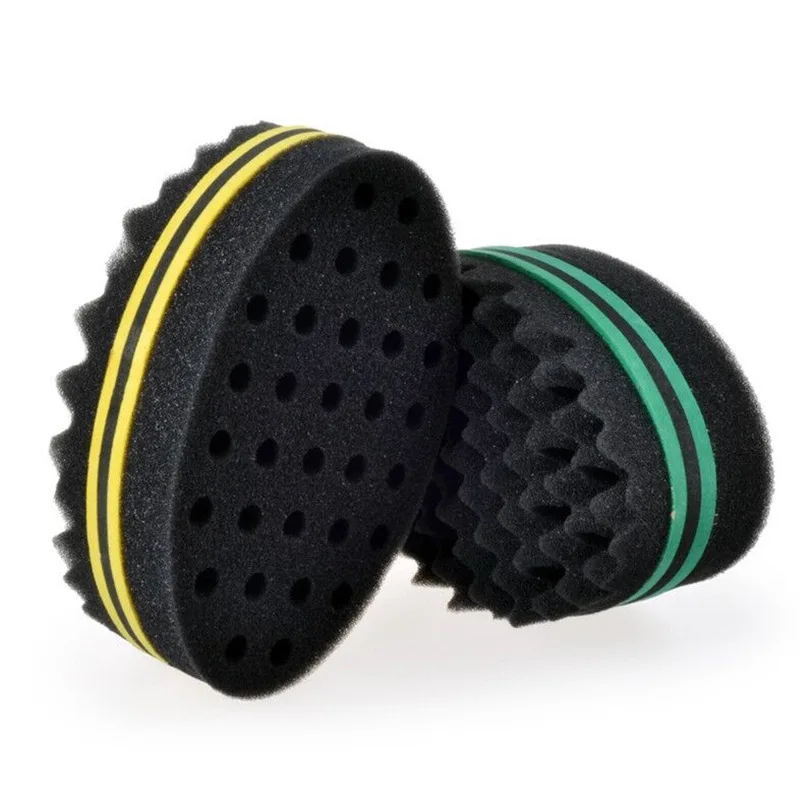Table Of Content

In addition, people who eat fish have a reduced risk of various chronic diseases, and eating fatty fish helps keep the heart healthy, lowering the risk of heart attack and stroke. However, there is little scientific evidence that biotin improves hair, skin, or nail health. Spinach is a leafy green vegetable that is a good source of iron, vitamin A, and vitamin C, says Dr. Camp. “Vitamin C is an antioxidant that can neutralize the effects of free oxygen radicals on hair, which can cause oxidative stress, which can affect hair growth,” he says.
Best Foods That Will Help Your Hair Grow Thicker and Stronger, According to Dermatologists
Research has shown that vitamin A can affect the production of sebum, which helps keep hair healthy (14). However, there are only a handful of studies on omega-3 fatty acids and hair growth. More studies are needed before health experts can make any recommendations. Excellent sources of plant-based protein, beans are also chock-full of hair-healthy plant compounds, iron, zinc, and biotin. From soups and stews to salsas and salads, the options for enjoying beans at home are truly endless. Though controversial when it comes to actual hair health benefits, biotin can be found in impressive amounts in eggs.
Brazil nuts
Trimming your hair every few months may boost the growth of healthy hair. It removes split ends, preventing them from spreading farther up your strands and causing hair breakage. Applying antioxidants to your scalp may help reduce hair loss and improve the condition of your scalp. Essential oils not only smell good, but they may also help promote hair growth.
Fatty fish
Both Agyeman and Gohara clocked lean protein as a key nutrient for hair health. This makes sense, because the hair shaft is composed almost entirely of a protein called keratin. Beans, chickpeas, peanuts, soybeans, and lentils are all ace sources of the nutrient and happen to be plant-based—but feel free to lean into your love of chicken breast instead. Beans and lentils are also a great source of other hair-healthy nutrients, including zinc, iron, biotin, and folate. A deficiency in some of these nutrients has been linked to premature whitening of the hair, though more studies are needed. Fatty fish such as salmon are a great source of protein and omega fatty acids.
A graduate of Fordham University, she considers the kitchen to be her happiest place. One medium oyster provides up to 96% of daily zinc needs for females and 75% for males (27). Avocados are delicious, nutritious, and a great source of healthy fats. The Deep Conditioning Mask has become a must-have for anyone whose strands are suffering from one too many chemical treatments or heat styling sessions.
14 best foods for hair growth, according to dieticians - Women's Health UK
14 best foods for hair growth, according to dieticians.
Posted: Thu, 23 Nov 2023 08:00:00 GMT [source]
Childbirth, stress, thyroid conditions, and a health issue called alopecia can cause more sudden loss of hair. Eating a healthful diet, even one designed to support hair growth, may not address genetic or systemic problems. This article looks at the best foods and nutrients to promote hair growth. Pulses are full of protein (for example, a cup of lentils has 18g protein) and contain folate, a B-complex vitamin vital for hair growth. In fact, a severe deficiency in folate can result in a condition called folate-deficiency anemia, which has symptoms like hair thinning and pigmentation changes in the hair. Brazil nuts are packed with selenium, which studies suggest can help with hair growth.
Lentils are rich in the amino acids needed to support proper hair growth, including leucine, isoleucine, lysine, and valine. Oysters are a good source of zinc, a mineral that supports the hair growth cycle. Eating just two medium oysters can provide enough zinc to meet your daily needs.
The 3 Worst Processed Foods To Avoid For Thicker, Fuller Hair–And What To Eat Instead - SheFinds
The 3 Worst Processed Foods To Avoid For Thicker, Fuller Hair–And What To Eat Instead.
Posted: Wed, 15 Nov 2023 08:00:00 GMT [source]
Chickpeas, Lentils, Beans and Peas
Just one ounce provides nearly half of your daily vitamin E requirement, plus some B vitamins, zinc, and essential fatty acids,” says Yawitz. So, what foods can you add to your meal planning that will boost your intake of these helpful vitamins that support hair growth? Dr. Camp says that “unprocessed, natural food sources are the best places” to look for these vitamins and nutrients. Here, our hair and nutrition experts share specifically what you can start eating more of right now. Salmon is also an excellent source of omega-3 fatty acids, a key nutrient for healthy hair.
Here, dermatologists share the best foods for hair growth you should be eating regularly. However, a scalp massage may help dilate blood vessels beneath the skin. This could lead to thicker, stronger hair that’s less likely to break off or become damaged. “Men need around 11 milligrams of zinc daily for optimal hair growth,” says Yawitz. “You can get all the zinc you need in a day by eating just two medium oysters at your next dinner party.” We don’t know about you, but you don’t need to give us an excuse to eat more oysters.
It's no wonder yogurt—which is loaded with protein, probiotics, and other important nutrients—is a common ingredient in DIY hair masks. In a study published by the Public Library of Science, mice given probiotic yogurt for 20–24 weeks developed thick, lustrous fur, with differences in fur luster observed as few as seven days into the experiment. Yogurt also contains vitamin B5 (known as pantothenic acid), which was shown to promote hair follicle growth in one study published in Life Sciences. “Berries are well-known to be high in powerful antioxidants that help protect our body cells from harmful substances while also positively impacting hair cells and hair follicles,” Tamburello says. While all berries will offer these hair health benefits, raspberries, blackberries, and blueberries are among the most antioxidant-rich, making them especially excellent choices. While we can’t control many of the elements at play when it comes to our hair growth, we can control which foods we order, snack on, and cook with.
Magnesium is a mineral that plays an important role in the body’s stress response and protects the body from the adverse effects of stress. Having suboptimal or deficient magnesium levels can increase your susceptibility to stress, which may negatively impact hair growth. While researchers say nutrients may directly restore hair growth, the exact doses aren't known. More research is needed to determine the role of diet in hair loss management. Avocados contain nutrients such as vitamin E, folate, niacin, magnesium, and vitamin C. Since our hair is made up of protein, it's imperative to load up on healthy sources like eggs, which are also a handy source of biotin.
However, overeating red meat has been linked to other health issues, such as cardiovascular (heart) disease. Eating a balanced diet rich in these vitamins and minerals may help promote hair growth, especially if your hair loss is due to poor nutrition. Some of the best foods for hair growth are foods with high nutritional value, like eggs, leafy greens, and fatty fish. Avocados are another commonly touted health food, and they're one of many foods that can help hair growth. Not only are they rich in essential fatty acids like olive oil and nuts, but avocados are also a prime source of vitamin E. A 3.5-ounce serving of smoked oysters will add about 7 milligrams (mg) of iron and a whopping 63 mg of zinc to your diet.

It’s also a powerful antioxidant, which may protect hair strands against oxidative stress. Fatty fish like salmon, herring, and mackerel have nutrients that may promote hair growth. Low iron levels may cause iron deficiency anemia, which has been linked to hair loss (1).
Also, consider avoiding formulations that contain additives that might irritating to the scalp and inadvertently cause dryness or itchiness, such as harsh chemicals, dyes, and fragrances. Instead, seek out those that have been dermatologist-tested, says Dr. Shaver. If an infection or another underlying condition that requires medical attention isn't present, and your hair loss isn't bothering you, you may choose to avoid treatment altogether. Hair loss is fairly common and may result from hormones, medical conditions, extreme stress, treatments such as chemotherapy, and more. Hair loss can range from thinning to total loss of hair, can be temporary or permanent, and can affect all ages and genders. There isn't evidence from human studies that collagen taken orally will end up in one's skin, nails, or hair.
Even so, it may take a while to see the positive results, in terms of hair growth. However, supplements can provide a higher concentration of specific nutrients that may be hard or impossible to get from your diet, like vitamin D and omega-3 fatty acids. Before starting any supplement regimen, or if you've recently noticed significant hair loss, speak with your doctor.
Enriched with the goodness of biotin and rosemary, this serum may help nourish your scalp, reduce hair loss and revitalise damaged strands. It is a lightweight and fast-absorbing serum that leaves no greasy residue on your hair. Regular use of this serum may make your hair lustrous, thick and straight. Speaking of eggs, they're "are a great source of protein and biotin, two nutrients that are essential for hair growth,” says Gomer. They're also "a great source of zinc, selenium, and other hair-healthy nutrients. This makes them one of the best foods to consume for optimal hair health." "Beef, buffalo, lamb, liver — for the vast majority of the human population red meat is the superfood for hair," says Gaunitz.

No comments:
Post a Comment